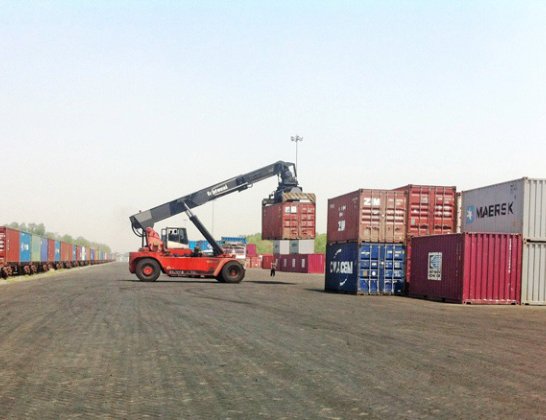
With the easy foreign exchange coming from remittances, Nepal’s has enough hard currency to import the goods from foreign countries. However, the declining of remittances and increasing imports, Nepal will have to suffer a major crisis in the balance of payment next year.
From Asian Development Bank to the World Bank and recently published economic update of IMF, all the reports has been warning Nepal for the current situation for quite a long time. However, no one listened it.
With the rise of consumerism, Nepal’s export started to fall and import of foreign currencies including the luxurious goods has increased. If the current trade volume is any indication, it shows that Nepal’s has no option other than to go for bailout early next year.
“Nepal needs to see to improve the industrial production to increase the export and reduce import,” said economist Dr. Posh Raj Pandey in an interview. He said that Nepal needs to reduce dependence on remittance.”
Suffered by falling oil price, the recent disputes in Gulf countries is further creating pressure on Nepal. Given the present scenario nothing can rule out.
According to a report of Nepal Rastra Bank’s microeconomic and financial situation report, the total trade deficit of Nepal in the first 10 months of this fiscal has widened by 37.5 per cent to Rs 747.65 billion as against a contraction of 2.4 per cent in the same period of last fiscal. However, export-import ratio has declined to 7.5 per cent in the review period this fiscal year from 9.3 per cent in the corresponding period of the last fiscal year.
The merchandise exports in the first 10 months of 2016-17 has increased by 9.8 per cent to Rs 61.02 billion as against a drop by 21.7 per cent in the corresponding period of 2015-16. During the review period, export to India, China and other countries increased by 15 per cent, 5.6 per cent and 3.1 per cent respectively. Similarly, the merchandise imports in the review period increased by 34.9 per cent to Rs 808.68 billion compared to a drop of 4.6 per cent in the same period of the previous year.
The NRB macroeconomic report also shows that workers’ remittances has increased 5.2 per cent to Rs 566.97 billion in the review period compared to a growth of 10.2 per cent in the corresponding period of the previous year. Consequently, net transfer receipts have increased by 10.3 per cent to Rs 692.76 billion in the review period. Such receipts had increased by 11.8 per cent in the same period of last fiscal year.
Owing to sharp rise in import and slow growth of remittance, current account slipped into deficit by Rs 7.57 billion in the review period. For comparison, current account was in surplus at a significant level of Rs 134.30 billion in the same period of the previous year. However, the overall balance of payments (BoP) recorded a surplus of Rs 53.84 billion in the review period.
“Expected increase in foreign aid and foreign direct investment will keep country’s BoP in surplus in near term,” NRB report states.
Similarly, the country recorded capital transfer of Rs 11.30 billion and foreign direct investment (FDI) inflows of Rs 11.61 billion in the review period this year. In the same period of the previous year, capital transfer and FDI inflows stood at Rs 11.59 billion and Rs 4.64 billion, respectively.
Meanwhile, NRB report has stated the economy is gaining traction. “The GDP growth estimate of 6.9 per cent released by Central Bureau of Statistics recently is reflective of optimistic growth outlook, at least in near term.”
- FOREIGN EXCHANGE: Largest Deposit
- Jul 22, 2024
- IMF: Approval Of SDR
- Jul 22, 2024
- NEPAL-KOREA RELATIONS: Fifty-Years Of Warm Relations
- May 31, 2024
- NEPAL-BRITAIN: Centenary Celebration
- May 31, 2024
- POLITCS: Forming New Alliances
- May 27, 2024
















